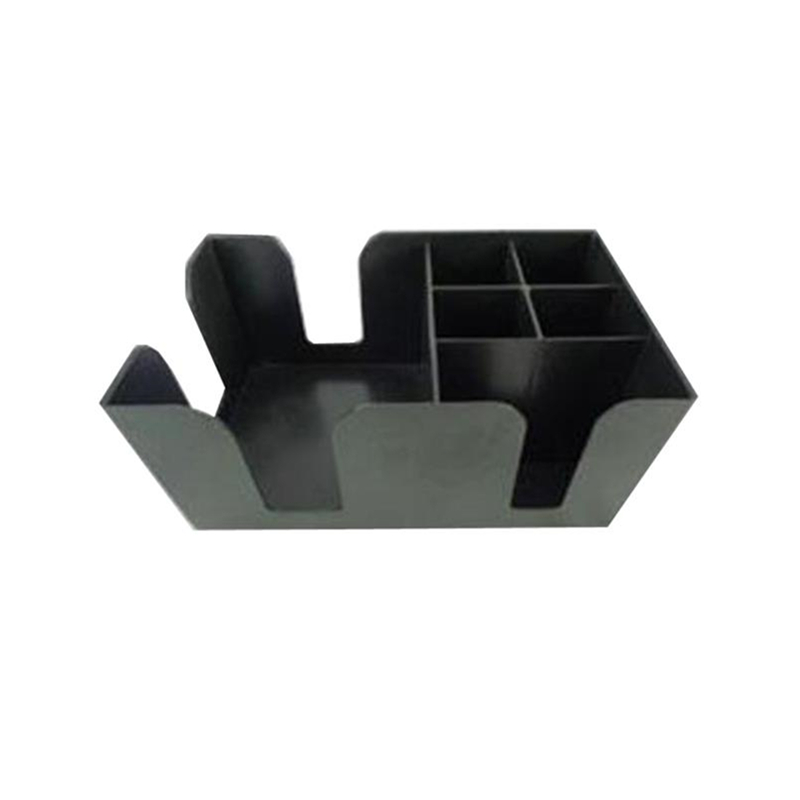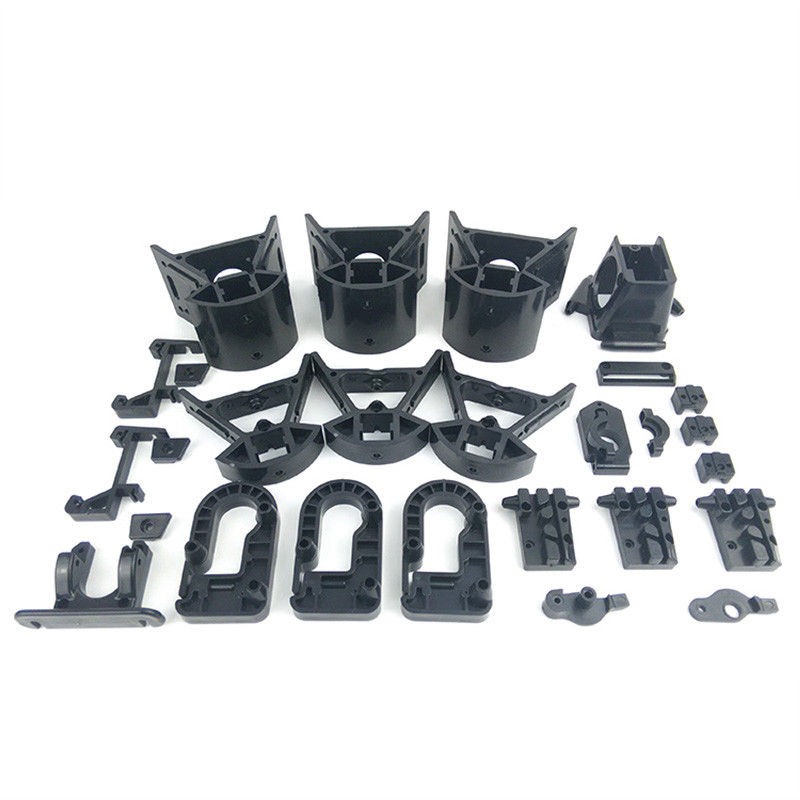How does the hardness of CNC POM machining parts?
 Jun 25, 2023|
Jun 25, 2023| View:265
View:265As a manufacturer specializing in CNC POM machining parts, it is crucial to understand the various factors that contribute to the performance and functionality of these components. One significant aspect that greatly influences their performance is the hardness of CNC POM machining parts. In this article, we will delve into the importance of hardness and its implications on CNC POM machining parts.

Hardness, in the context of CNC POM machining parts, refers to the material's ability to resist deformation and withstand external forces without compromising its structural integrity. It plays a vital role in determining the part's durability, wear resistance, and overall reliability. When it comes to CNC POM machining, hardness is a key consideration for achieving precise and consistent results.
The hardness of CNC POM machining parts is typically measured using the Rockwell hardness scale. This scale quantifies the resistance of a material to indentation or penetration by a specified load. POM (Polyoxymethylene), also known as acetal or Delrin, exhibits a relatively high hardness compared to other thermoplastics. This characteristic makes it a popular choice for manufacturing CNC machining parts requiring excellent mechanical properties.
One of the primary benefits of CNC POM machining parts with high hardness is their exceptional wear resistance. In applications where components are subjected to friction, such as gears, bushings, or bearings, hardness becomes a critical factor. The high hardness of CNC POM parts allows them to withstand prolonged contact and repetitive motion, reducing the risk of wear and tear. This translates into extended component lifespan and improved overall performance.
Moreover, the hardness of CNC POM machining parts also contributes to their dimensional stability. Parts with high hardness tend to maintain their shape and size even under varying temperature and environmental conditions. This stability is particularly advantageous in applications where precise tolerances and tight fits are required. CNC POM machining parts retain their dimensional accuracy, ensuring proper functionality and minimizing the need for adjustments or replacements.
Furthermore, the hardness of CNC POM machining parts impacts their resistance to chemical substances. POM material exhibits excellent resistance to solvents, fuels, oils, and various chemicals, making it suitable for applications that involve exposure to such substances. The high hardness of CNC POM parts enhances their ability to withstand the corrosive effects of chemicals, ensuring the longevity and reliability of the components.

The hardness of CNC POM machining parts is a critical characteristic that directly influences their performance, durability, and reliability. Components with high hardness exhibit superior wear resistance, dimensional stability, and resistance to chemicals. This makes CNC POM machining parts highly suitable for applications that demand precision, durability, and resistance to harsh operating conditions.










